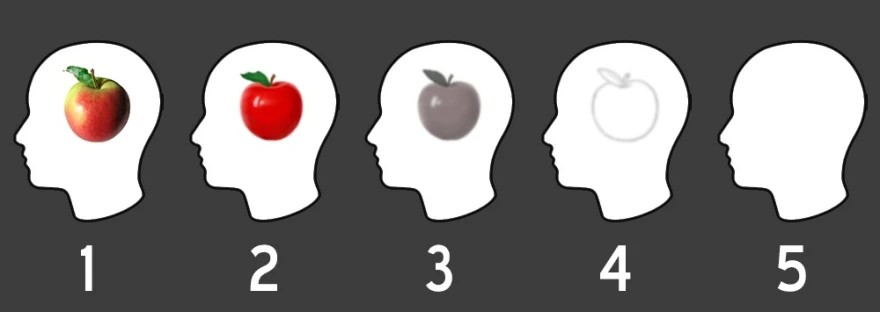
Could you imagine living in a world where everyone except you has a superpower? I'm not talking about the plot of "My Hero Academia;" I'm describing my life.
Aphantasia is a condition in which a person can't create mental images. It was first described in 1880, but there is still little to no research on the topic. That's probably because it is hard to analyze - you have to rely on people self-reporting, and it is very subjective. You can't compare your experience with others' and have to rely on their descriptions.
My first memory related to the topic dates to middle school. One of our teachers decided to try and teach us an autotraining/relaxation technique. So, she said, "Close your eyes and imagine yourself on the beach," then proceeded to describe that beach, the ocean, how it looks and sounds. And I thought to myself, "Wow, this is the stupidest thing I've ever done." How could I have known that others could actually "see" something?
When I saw an episode of BBC's "Sherlock" TV Show that included the concept of a "mind palace," I thought, "Is this show sci-fi now? Isn't it supposed to be realistic?" Apparently, Memory Palace is a real memorization technique where you place an object you need to remember in some locations in your mind. Yeah, this whole concept was too alien for me.
I lived without worries for many years, until I encountered a description of the condition online. As with many other people with aphantasia, I didn't know that the majority of people experience the world differently. I thought that the phrase "imagine <something>" was just a figure of speech. When the realization hit me, it was kind of hard.
This condition is not that uncommon though: it is estimated that about 5% of the population have it. And for others, it's on a spectrum - some have better visualisation abilities than others. My best friend, for example, claims that he can see things with his mind just as well as with his eyes - this is called hyperphantasia.
The saddest thing for me is the fact that I can't remember people's faces - even though I have no issues recognizing them when I see them. I have a lot of photos of my friends and family members hung on the wall for that reason. I think that a lot of people with aphantasia are sad about it and jealous of people who can visualise things; but some don't care that much or even think about the benefits it gives - for example they aren't too sensitive to disturbing content, because they never experience any flashbacks that would haunt them. And it's not like the condition prevents you from doing other things - there are successful artists and animators who have aphantasia.
As far as I know, there is nothing that can be done to change it, so there is no point in worrying about it. Every person is different and has various traits; they have to learn how to live with them. But I've yet to learn how to cope.